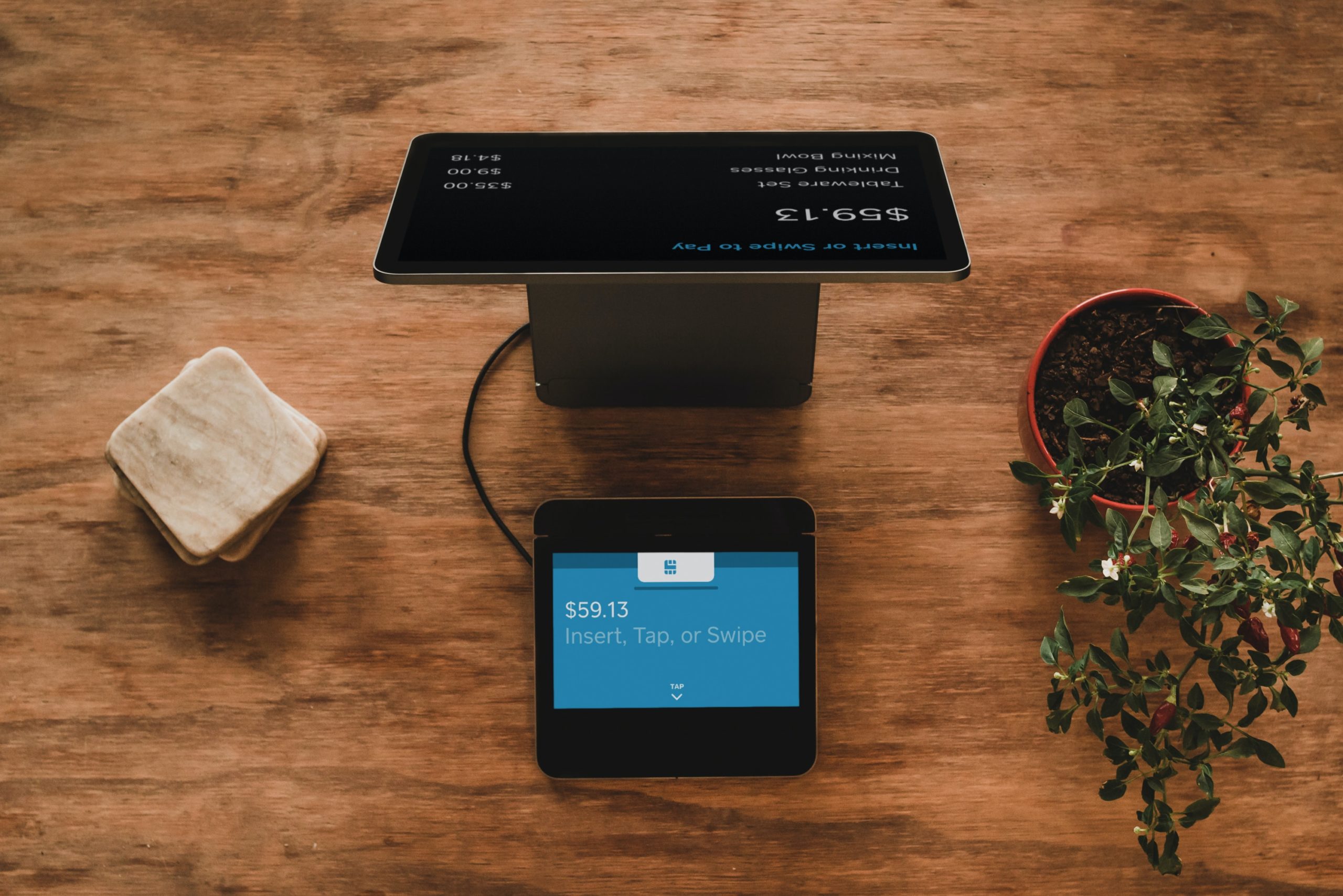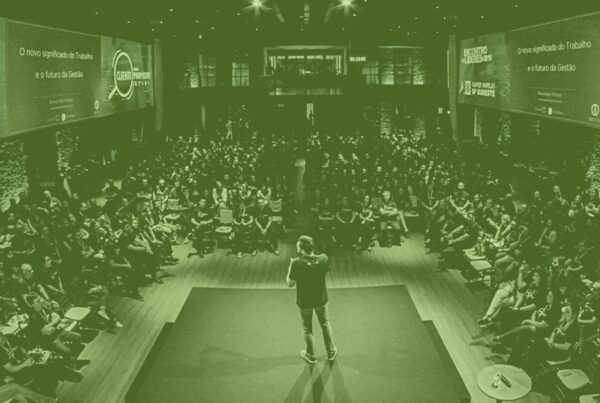When we think of events, our minds automatically go to entertainment, networking opportunities, the stage, and gamification, among many other things. But today, let’s take a few steps back and think about where do our events truly begin. Is it when your attendee walks through the doors of your venue or logs on to your virtual event platform? Or is it much earlier, at event registration? Since event registration is the first point of contact for your attendees, we think it’s important to make the best of it!
While we were cooped up inside our homes, waiting for the return to in-person events, many event technology companies got to work and came up with amazing software solutions that make the event registration process even more valuable to event planners. In this blog post, we explore how to set up event registration and mention exciting features that will take your event to the next level.
Event Registration Basics
Event registration might seem simple enough when buying concert tickets, for example. Attendees provide their name, email address, and credit card information, then they’re good to go. But as all event planners and managers know, business events serve a different purpose. They want to learn as much as possible about their attendees, such as their industry, company, job title, sessions, lodging, and interests. And they want to know that ASAP – when attendees register.
There are different ways to set up event registration, but generally speaking, there are two ways event planners can implement registration:
- set up a microsite: an event website that highlights certain aspects of their event, such as their speakers, community page, FAQs, and more. Additionally, the microsite can elaborate on the design of the in-person and virtual components of the event. Microsites can be customized as needed; there can be several sites, featuring all kinds of content.
- set up a basic registration form: a simple registration form where attendees can get their tickets. Browsing is limited.
Choosing one over the other will depend on the design of your event and your goals. What pages do you want to showcase on your event website? Are there various ticket types and different prices for your tickets? Are you offering early bird or other exclusive tickets? Do you want to ask any specific questions in your event registration form? Based on the answers to these questions, you’ll get a clearer picture of which one of the two options you should stick with.
 Event Registration: Payment Options
Event Registration: Payment Options
Nothing leads to frustration faster than a payment process gone wrong. Choose a reliable payment processor and offer various types of payment options and test it out. Additionally, in case you’re planning a global event, think about accepting payments in various currencies.
Consider adding the following features to your payment options:
- deposit structure: attendees put down a deposit at online registration,
- discount codes: coupons or special offers
- tracking codes: you can track how many sales has a certain sponsor brought into your event,
- ambassador programs: rewarding attendees with a reimbursement if they refer a certain number of other attendees (bonus points: it helps boosts sales!).
It goes without saying that your attendees should receive a confirmation email. If there happens to be an error while purchasing the ticket, have customer support available. Not only will you prevent losing potential attendees, but you’ll also foster a sense of trust and security.
Onsite Event Registration Timeline
How does event registration fit into a broader event timeline? We recommend opening event registration 2-3 months in advance. First, you should build your microsite and set up a form, so tickets can go on sale. Offer early-bird tickets to avoid an overwhelming amount of last-minute registrations and nurture your audience with email marketing until the big day.
The badges shouldn’t be an afterthought, either. Decide on your final badge design six weeks before the event, so there’s enough time to order them and prepare them. Are you adding an RFID or a QR code? Or are you going badgeless to be as environmentally friendly as possible?
Have the onsite event registration equipment ready to go two weeks before the event and meet the onsite technician to ensure your event registration is properly set up. One day before your event is the time to set your venue up for success: get all the necessary registration hardware, such as printers, tablets, and scanners, there in time.
 Onsite Event Registration Experience
Onsite Event Registration Experience
Online registration is set up, payments are going through. Now, let’s look closely at the experience your attendees will have once they arrive onsite. Carefully plan and monitor the check-in process. As the first point of contact with your venue, this initial part of your event flow can profoundly impact the mood of your attendees.
As the check-in process is one of the most important variables in the equation of your entire event design, it should be as seamless and efficient as possible. There should be no confusion about the whereabouts of the registration area, where can attendees purchase their tickets onsite, and where they can claim their badges and lanyards. Keep attendees engaged and relaxed. Use on-brand signage to direct your attendees and make event registration an exciting part of your event’s grand entrance!
And finally, think of the onsite event registration experience as the check-in process at an airport. You can offer your attendees a self-serve kiosk so they get their badges themselves or provide a staffed counter. Ensure there is enough staff to prevent long lines and assist those who need help. And don’t forget about your virtual audiences: create a virtual help desk for them too.
All The Exciting Event Technology!
If you think event registration is just about collecting payments and getting people their badges, you’re in for a treat. There are now so many exciting event technology solutions that offer incredible insights into your events. In the 21st century, data is king. Get your RFIDs and join the royal feast.
- add traffic analytics to your payment processor: see how your attendees got to the registration form (various social media platforms, Google, …)
- enable cashless payments by using badges or wristbands for payments,
- attendance tracking:
- heat maps: see when are peak times for registration in real-time and add more staff if necessary,
- have attendees scan a badge when entering/leaving a session and collect timestamps of their time spent in session (proof of attendance for CEU credits)
- lead retrieval: provide your exhibitors and sponsors a list of people they interacted with by scanning attendees’ badges.
And remember, if you’re looking for the perfect event platform, event registration is one of the most important event platform features to look for. Implementing these exciting event technology solutions will do wonders for your ROI, so do your best to keep up with the times!
 Safe & Sound With Event Registration
Safe & Sound With Event Registration
Most recently, event registration took on another huge responsibility. As the first point of contact, it now also includes health screenings to ensure COVID-19 compliance at events. Having an efficient event flow at registration isn’t just important to keep attendees happy, it’s also a crucial part of designing a safe event layout.
Attendees can show their proof of vaccination or negative test through mobile apps and SMS-based solutions. Additionally, the event organizer can offer onsite testing with antigen rapid tests, molecular tests, and/or thermal temperature readers. Check out the Event Tech Podcast interview with the CrowdPass team to learn more!
Conclusion: Sign Me Up!
And so you see, there is so much more to event registration than meets the eye. The pandemic sped up the implementation of exciting event technology, which automates many processes and provides insightful analytics for event planners every step of the way.
Attendance tracking, lead generation, RFIDs, event platforms, … if all these modern event industry buzzwords are making your head spin, don’t worry. You’re not alone. And the great news is that you don’t have to understand exactly how software solutions work to incorporate them into your overarching event strategy. As Einsteins of Events, we see event technology as a way to free up more of event planners’ precious time and energy. So, don’t hesitate to reach out to us. Together, we’ll find technology solutions that best fit your event’s goals and objectives!










